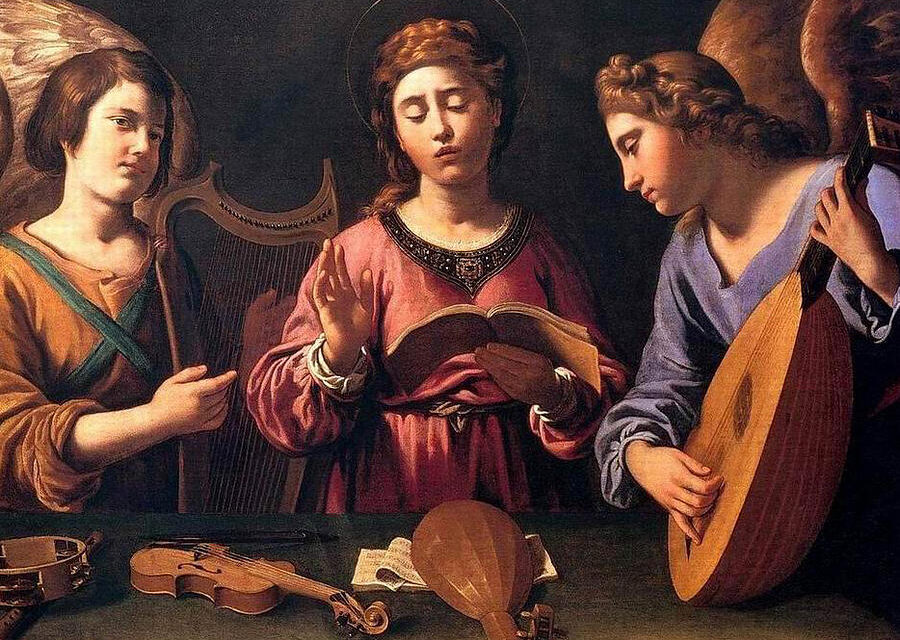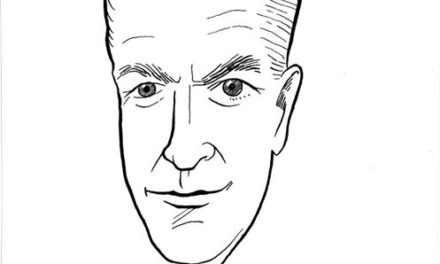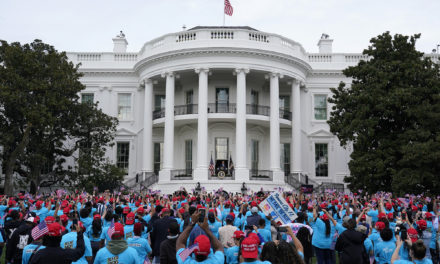My intention here is simple, to share the beauty of music. I hope this post and those that follow will be a lure those uninitiated to classical music and an extra delight to those who are. I know that when I am gone my library of books will go hither and yon starting with my family and friends who be invited to take their pick. But this library of music is not confined to bookshelves and boxes. It can be shared in a way that will remain available to anyone who is interested.
I have done something similar in my YouTube collection of ‘100 Most Beautiful Cues in Film Music.’. Also, I have published lists on ‘The 100 Best Catholic Novels I know’ and recommended audiobooks, ‘Audiobooks: The Word Spoken,’ and ‘120 Best Film Soundtracks,‘ each attempts to share with others the fruit of my various aesthetic enthusiasms.
The problem, however, with long lists is that they earn glances not serious attention, except for nerdy obsessives like me. These posts will feature only a handful of recommended pieces along with direct links to hear them. My criteria for selecting them is straightforward: This is the music that has consistently lifted me outside of myself, to a place where I listen amazed and enlivened, and in some cases, feeling drawn towards the transcendent.
Let me add more thing — Each of these recommendations is a particular performance that has had the greatest impact on me.
- Giacomo Puccini, Nessum Dorma, Turandot (1926). Luciano Pavarotti made the Puccini aria, Nessum Dorma, internationally known, and no doubt his performances are thrilling. But there’s performance from a tenor an an earlier age that I prefer to Pavarotti. Aureliano Pertile (1885-1952) was the favorite tenor of Arturo Toscanini in the late 20s and 30s and enjoyed deserved celebrity status in the opera house of Europe, the US, and South America.
Aureliano Pertile sings.
2. John Rutter, What sweeter music? (1988). What sweeter music? was written for the choir of King’s College, Cambridge, and its director of music Stephen Cleobury—for performance during the college’s Festival of Nine Lessons and Carols which is broadcast around the world on Christmas Eve. What sweeter music? (with words by the poet Robert Herrick) represented, says Rutter, ‘… the first opportunity I had to put pen to paper for the choir in my long and friendly association with King’s College. I particularly enjoyed the opportunity to write for the slot in the service immediately after the reading about the journey of the Wise Men—the chance to highlight in the text the idea of the gifts that we can bring.’
The King’s College Choir sings.
3. Ralph Vaughan Williams, Let Beauty Awake, Songs of Travel (1904). Vaughan Williams’s Songs of travel cycle represent the first flowering of the composer’s unique voice. The poems are by Robert Louis Stevenson. Most of them had probably been written in 1904 when Vaughan Williams was thirty-four. The straight-forward melodic impact of Let Beauty Awake is described by one critic as, “a fervent melodic line that floats on a buoyant arpeggio accompaniment.” This simplicity of composition was probably encouraged by the previous year he spent collecting folk-songs.
Thomas Allen sings with Simon Rattle conducting the Birmingham Symphony Orchestra.
4. Samuel Barber, Violin Concerto (1939). This piece will melt even the hardest heart. It’s highlights include not merely the arching, Neo-Romantic violin line but also a second movement opening with an extended and luminous oboe solo. As one critic has put it, “We’re pulled into a world of sensuous beauty and pastoral lament in which voices from the past seem to reemerge.”
Issac Stern plays the violin with Leonard Bernstein and the New York Philharmonic:
5. Aaron Copland, Heart We Will Forget Him, The Twelve Poems of Emily Dickinson (1950). Throughout his career, Copland proved he could write music who melody and harmony would stick in the memory of the listener, even on first hearing — El Salon Mexico (1936), Billy the Kid (1938), Fanfare for the Common Man (1942), Appalachian Spring (1944). Copland too often, in my opinion, turned from his communicative gift and produced compositions that grate the ear. In 1950, however, he used his natural musical gift in setting twelve of Dickinson’s poems to music, both in piano and orchestral accompaniment. With this poem, Heart We Will Forget Him, Copland created something miraculous and, it must said, somewhat painful.
Arleen Augér sings with Dalton Baldwin on the piano.















Wonderful! With all that entails being a trauma and now a bereavement chaplain, I’ve been meaning to ask you to do this. I’m at that point of an empty soul asking for a “midnight run to Tower Records” for Deal to tell me what I need add to my library.